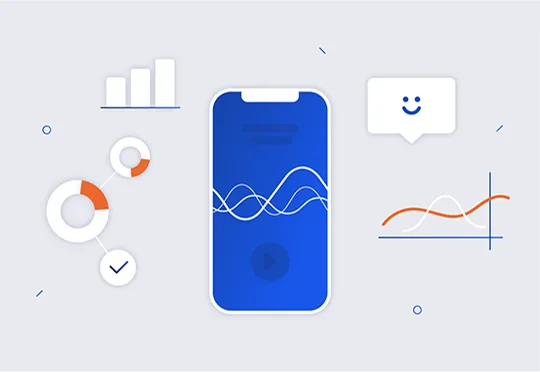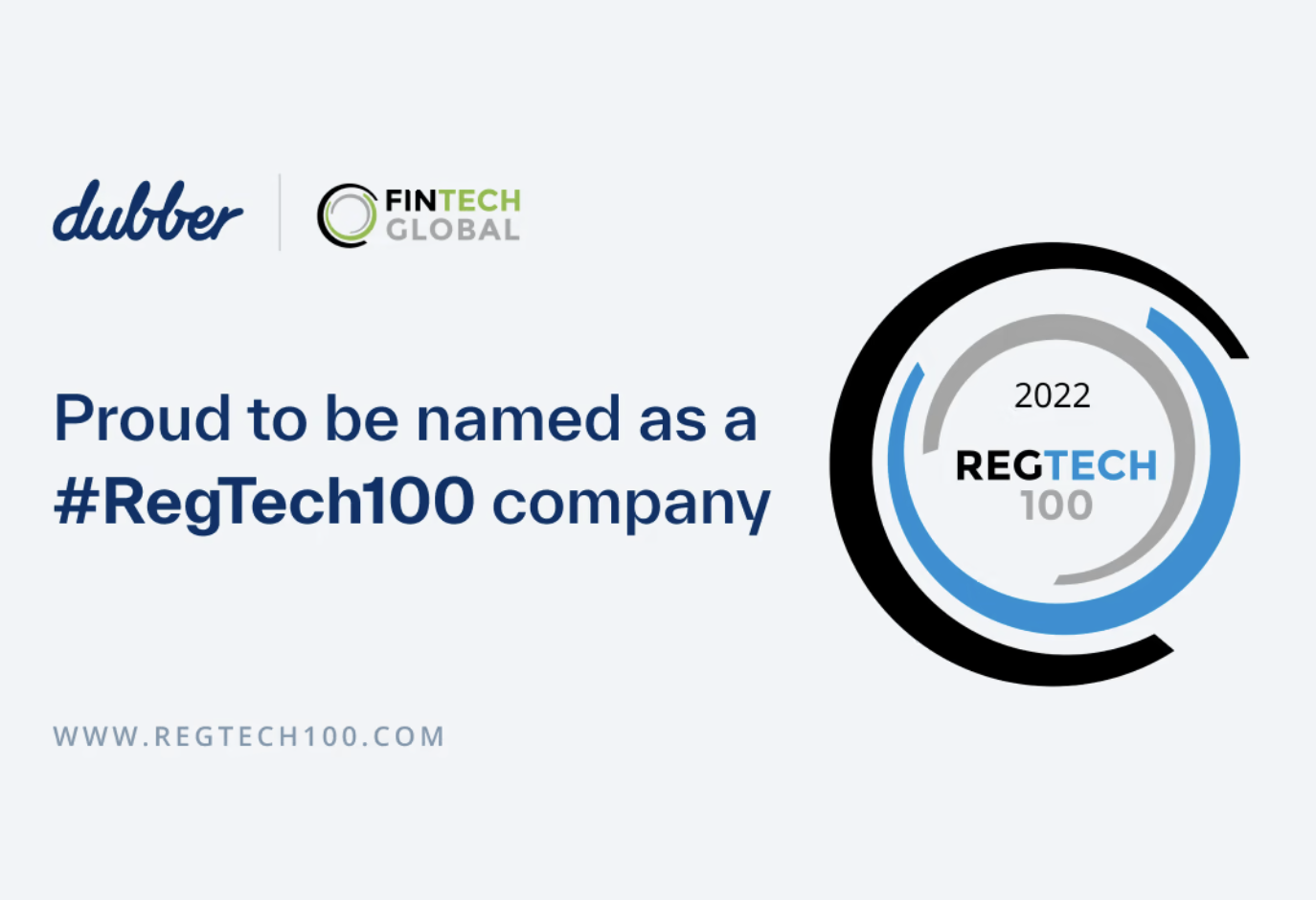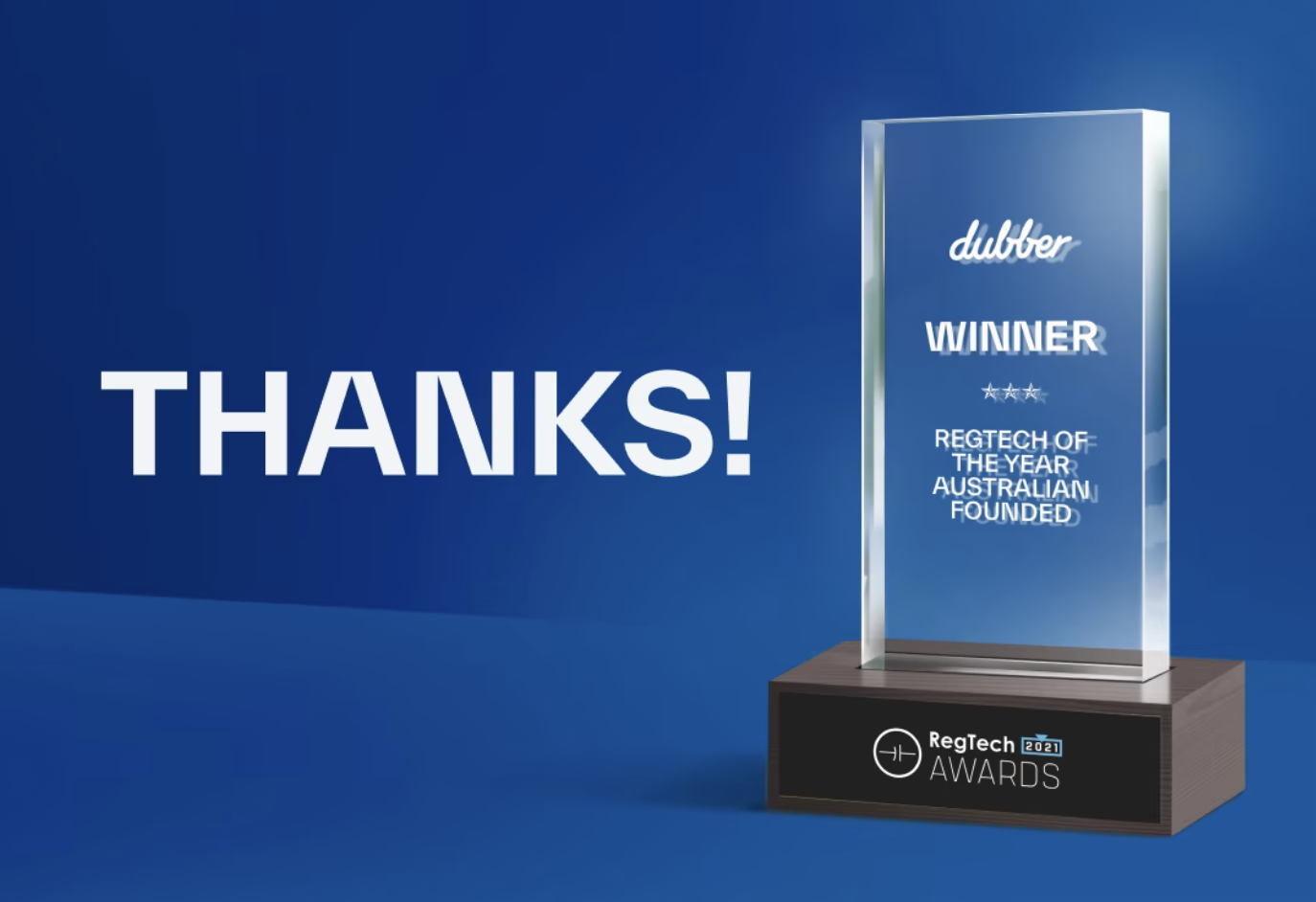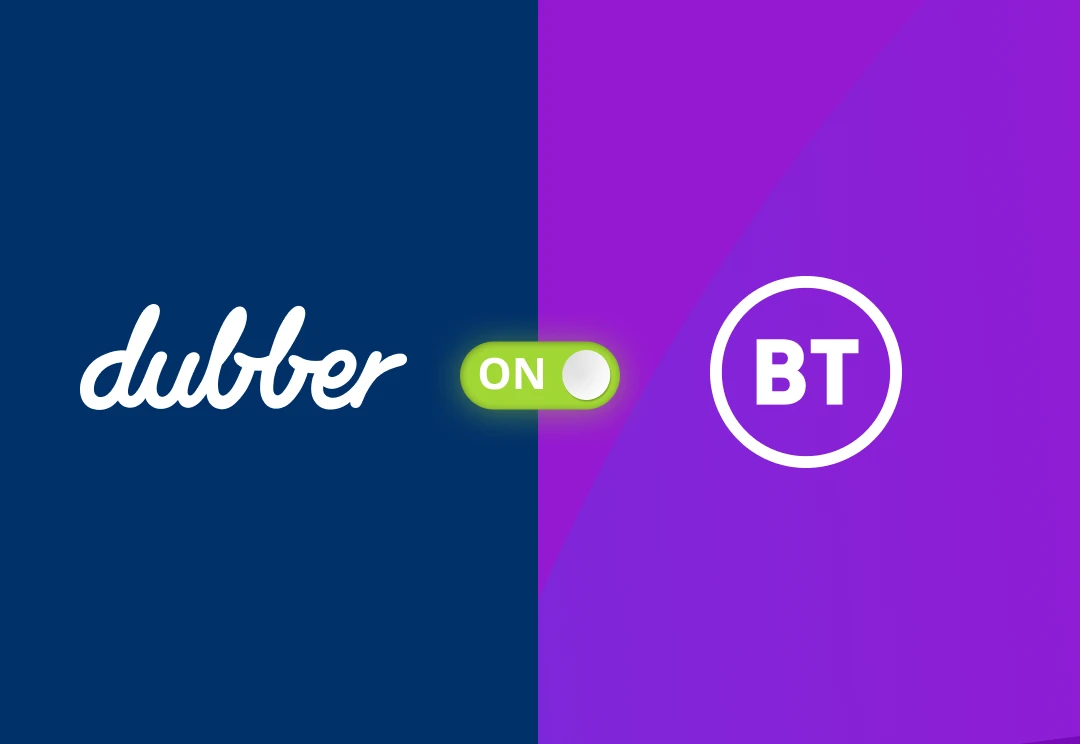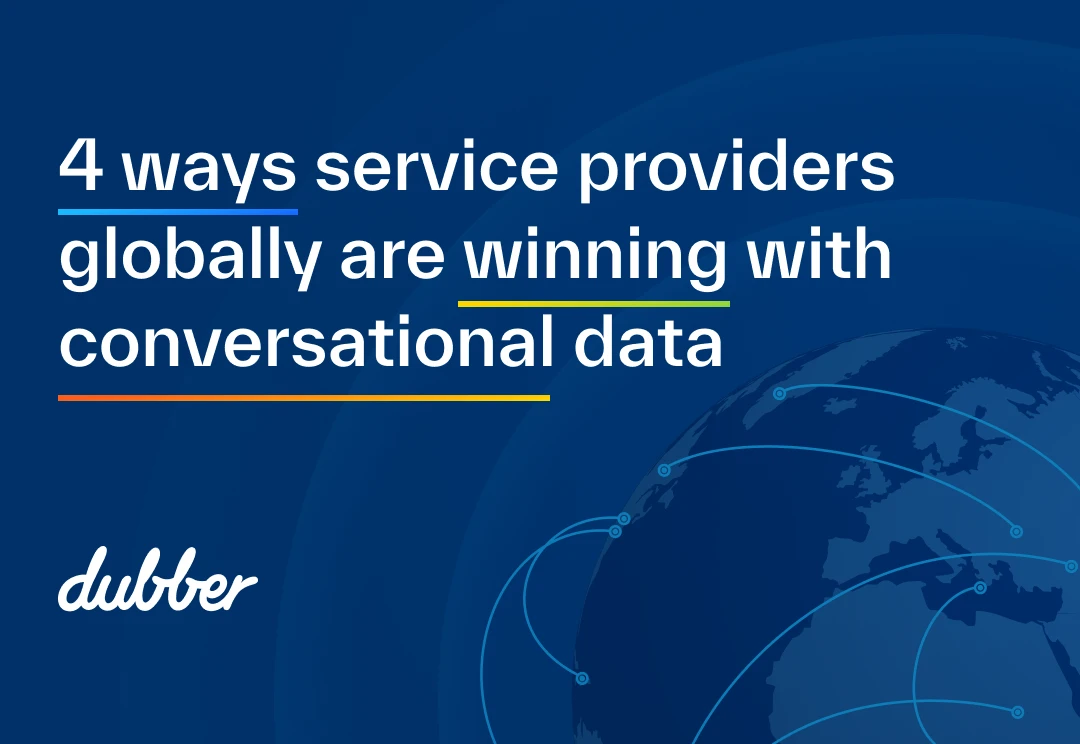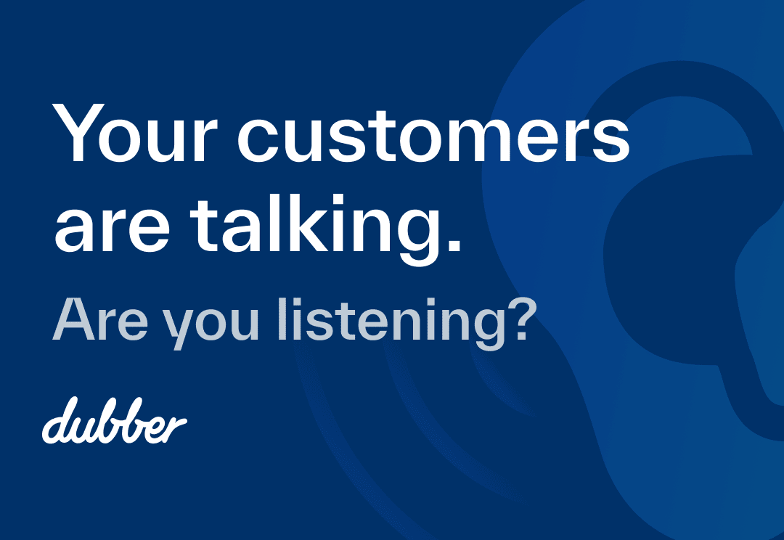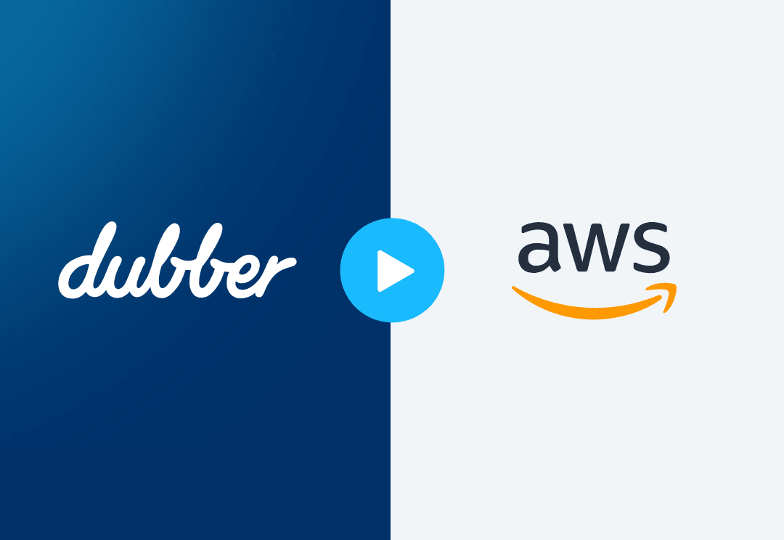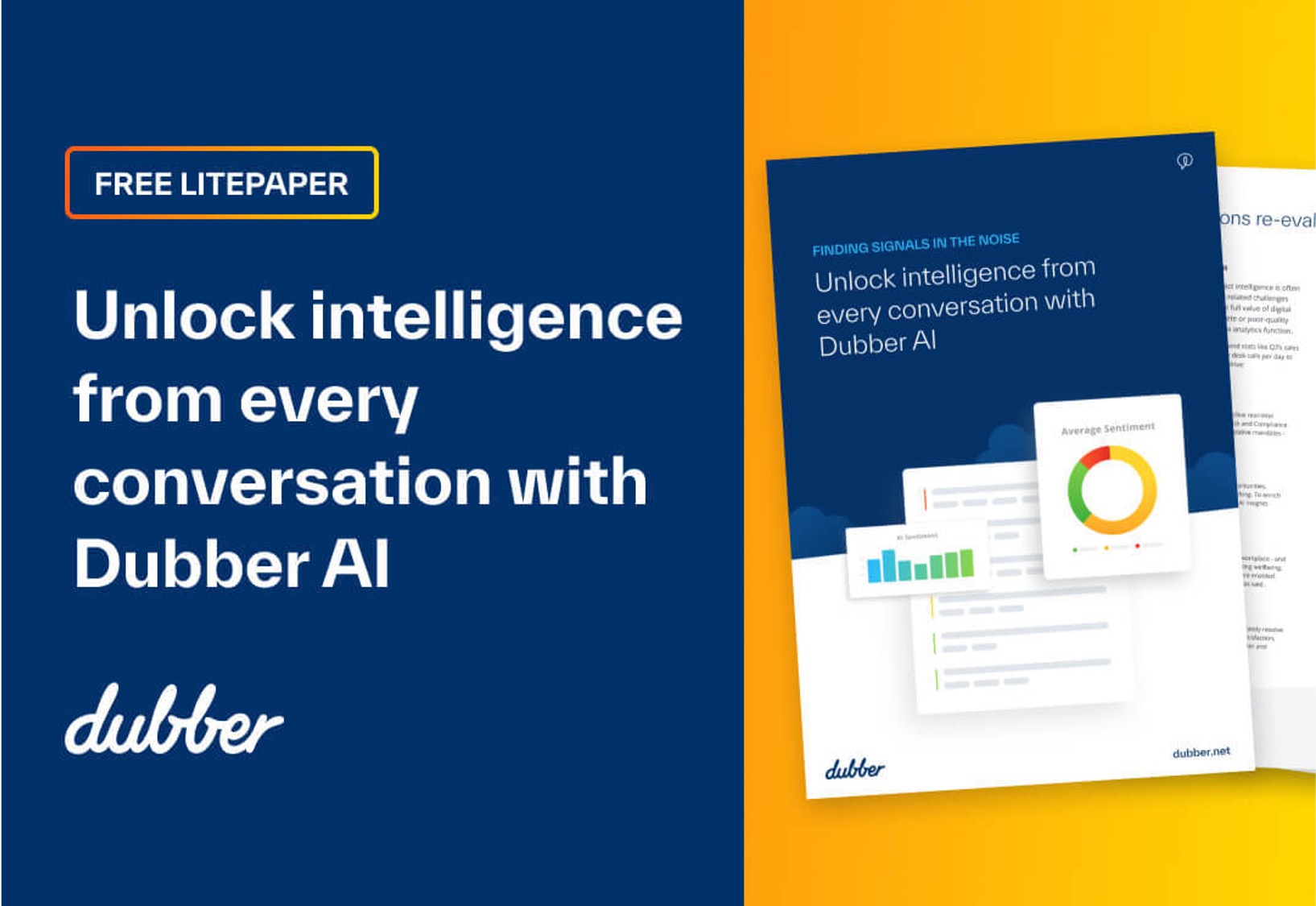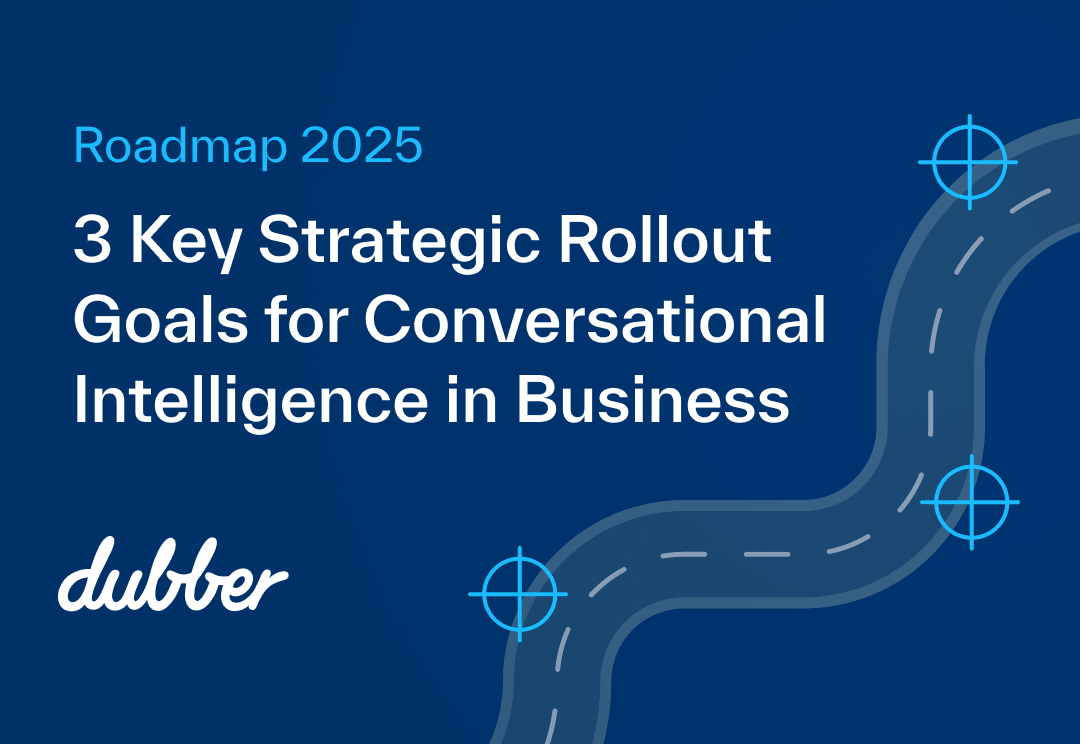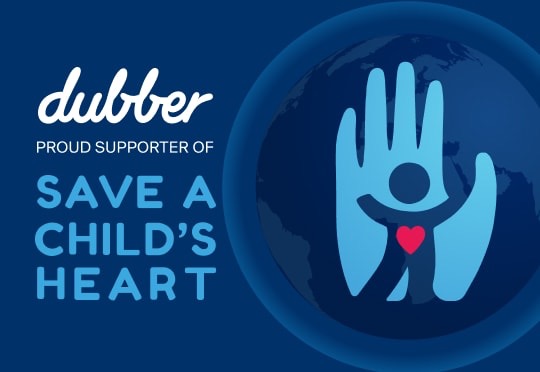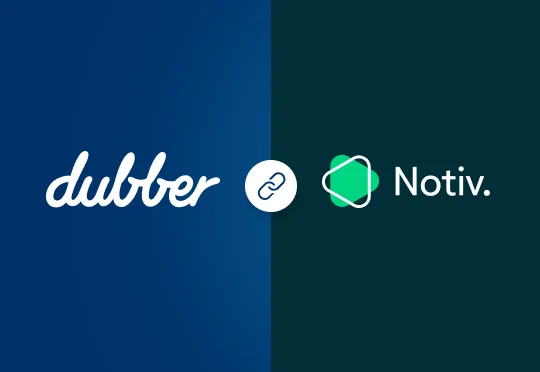Notiv brings AI-driven notetaking and action items to every call and meeting
Adds advanced technology capabilities in real-time transcription, artificial intelligence, and advanced natural language processing
Adds revenue generating service to existing and expanded Dubber customer base
Delivers product capabilities that enrich Dubber Foundation and broader service provider offering
Accelerates Dubber’s AI program and expands Dubber core offerings
Circa A$6.6m acquisition by way of cash and equity
Melbourne, Australia – 20 September 2021 — Dubber Corporation Limited (ASX: DUB) (Dubber) announces today that it has acquired Brisbane, Australia based technology group Notiv (https://www.notiv.com). Notiv is a developer of innovative cloud-native AI-based products that turn meetings into transcribed notes, summaries, signals, actions, and more.
Steve McGovern, CEO, Dubber:
“One of our fundamental beliefs is that artificial intelligence has a part to play as a standard feature of every call and conversation. Notiv is a significant step towards achieving this in that it has clear and defined use cases for everyone from individuals to the largest of enterprises. With Notiv, Dubber will now have the ability to automatically take notes and create action items on every call. We are confident that our telecommunications carrier and service provider partners will see enormous potential for revenue-generating value-added services for their customers at scale.
We welcome the Notiv team to Dubber along with the AI and data science expertise they bring. We see the teams combining to form the core of our Dubber AI Labs for developing future AI capabilities.
The integration of the Notiv business is accretive for both parties in that Dubber can expose the fantastic capability of the Notiv offering to a global customer base and the Notiv team can develop a continuous stream of revenue-generating services for Dubber’s addressable market.
Dubber’s overall strategy is to grow organic Annualised Recurring Revenue (ARR) while augmenting that growth with strategic acquisitions where possible. Acquisitions must either add accretive and synergistic revenue or provide substantial product and technology capability, which will drive organic ARR growth. The Notiv acquisition reflects that strategy perfectly, and the speed at which the parties have executed the transaction now enables the Company to continue to pursue other identified opportunities.”
Notiv will be available to Dubber Foundation Partners, select service and solution providers and sold alongside other Dubber solutions for businesses and Government.
Chris Raethke, Co-Founder & CEO, Notiv:
“The Notiv team is exceptionally proud of the technology we have developed. The ability to roll out Notiv globally with the world’s leading service providers is an unmissable opportunity. The chance to join the Dubber growth journey at this time and expand Dubber’s AI and NLP capabilities is exciting for all of us. We are confident that the combination of Dubber and Notiv will deliver incredible value to customers, businesses and our fellow shareholders alike.”
James Slaney, COO, Dubber:
“Dubber has over 150 global service provider network partners as well as all of the world’s primary unified communications solutions – and is the only true native, cloud-first service of its kind.
Our strategy has always been to use this footprint to deliver layers of value and drive associated revenues. Notiv suits this strategy perfectly and accelerates our existing AI program in three ways.
First, we gain an exciting and proven product built to answer a compelling use case – making meetings better by automatically enabling voice data to replace or improve note taking. We believe that the ability to create notes, highlights and action items in every video and phone call provides invaluable use cases for every demographic, from individuals to large enterprises, thereby expanding Dubber’s already large addressable market. Enhanced productivity can benefit everybody in all methods of communication. For example, a tradesperson on a mobile phone call could instantly capture customer requests and share the actions. Likewise, C-level executives could use Notiv to note and capture actions in a planning meeting.
Second, we believe that the ability to deliver this capability directly from the network will be a compelling proposition for both existing and new service provider partners. As well as the opportunity for service providers to drive new services, incremental revenue and differentiation, we believe that Notiv is an ideal product to increase the value of our industry-first Foundation Partner program.
Finally, Notiv will provide Dubber with a world-class team with deep expertise in AI and data science. Together we will accelerate our overall product roadmap and capabilities and advance our AI, digital signal processing and natural language processing technologies. Notiv furthers our leadership in capturing and transforming conversations between one person and another – and large groups of people in a meeting.
We are continuing to unlock the potential of AI on every end-point and enabling our service and solution providers to make the critical shift from selling connectivity to extracting the value in every conversation on their networks. They’ll now be able to do that with Dubber Notiv on the same hyper-secure, scalable and compliant infrastructure that Dubber has already made available to over 150 service providers globally – including all the world’s leading UC solutions.”
Key Transaction Terms:
Dubber has acquired Notiv through the purchase of all of the issued share capital of holding company Pinch Labs, Inc., a US corporation that wholly owns and operates the Brisbane-based operations and technology
Aggregate consideration of approximately A$6.6 million
A$5.15 million paid in cash at completion and the balance, representing 24.8% of the consideration, is to be satisfied by way of the issue of 386,277 Dubber fully paid ordinary shares at a deemed issued price of A$3.75. The shares will be issued within Dubber’s existing Listing Rule 7.1 issue capacity
Key management and employees are to stay with the business, including Chris Raethke, Co-Founder & CEO and Dr Iain McCowan, Co-Founder and CTO
The agreement also includes provisions customary for a transaction of this nature, including warranties and representations, confidentiality and non-competition/solicitation
Strategic Rationale
Accretive fundamentals. Proven application and technology with customers with strong product-market fit and alignment to the Dubber solution set
Enriches Dubber’s service and solution provider offering – and current product offerings. Accelerates Dubber’s technology roadmap both in terms of providing Dubber with access to AI technologies and also adding a critical and differentiated product
Furthers differentiation and value of Dubber Foundation Partner Program – and its more than 150 service and solution provider customers worldwide
Broadens Dubber’s conversational intelligence offerings
Dubber to accelerate the adoption of Notiv globally. Provides Notiv with critical sales and marketing resources to scale go-to-market capabilities
Strong synergies in product approach mean technologies can be easily unified into common platforms with the potential to create efficiencies over time
Key shareholder support. All key management shareholders retained in the business with incentives to continue strong performance
Financial Impact
Scrip and cash consideration up-front. No further amounts payable
No incremental investment in staff or technology required to achieve scaling
Strong potential to enhance future revenue (or stated revenue), typical of an early-stage technology venture
This ASX announcement has been approved for release to ASX by Steve McGovern, CEO & Managing Director.

